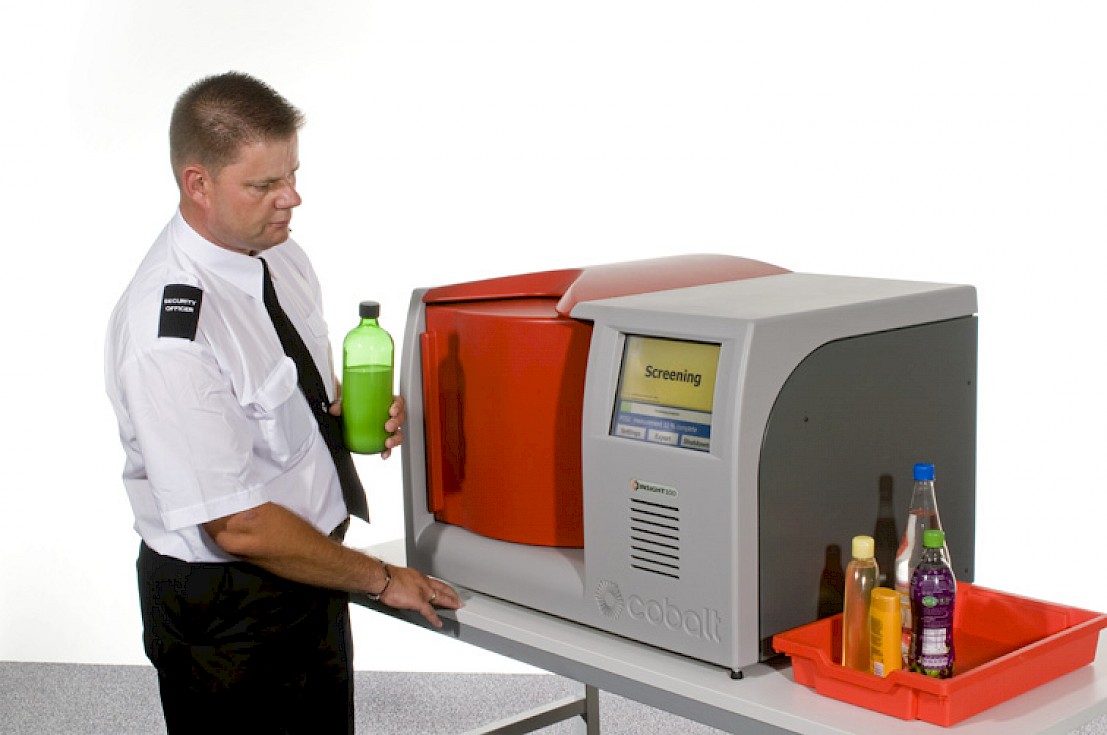Probing Deep inside Turbid Materials - from Airport Security to Non-Invasive Cancer Diagnosis

The non-invasive compositional analysis of diffusely scattering (turbid) samples such as powders, opaque bottles or biological tissues, at depth is a fast evolving area of Raman spectroscopy spurred by the recent advent of Spatially Offset Raman Spectroscopy (SORS). Accessible depths with SORS can be more than an order of magnitude larger than those attainable with conventional Raman spectroscopy enabling, for example, non-invasive interrogation several mm’s, and in some cases several cm’s, deep inside biological tissues. This presentation will focus on the development of SORS, its basic principles and discuss new application areas it is opening, including the detection of explosives in airport security, quality control of pharmaceutical products, subsurface analysis of objects of art and non-invasive cancer and bone disease diagnoses.
Professor Pavel Matousek, Central Laser Facility, STFC Rutherford Appleton Laboratory, Harwell, UK.

Pavel obtained his MSc and PhD degrees in physics from the Czech Technical University (Prague), the latter carried out at the Central Laser Facility at STFC Rutherford Appleton Laboratory (RAL, greater Oxford area). For over three decades, he has worked at RAL where he proposed the use of Optical Parametric Chirped-Pulse Amplification (OPCPA) for the generation of extreme, multi-Petawatt laser peak powers, pioneered ps-Kerr gating for fluorescence rejection in Raman spectroscopy, proposed Spatially Offset Raman Spectroscopy (SORS) and introduced Transmission Raman Spectroscopy (TRS) into pharmaceutical analysis. Pavel’s current research areas include non-invasive disease diagnosis, security screening, forensics, cultural heritage and pharmaceutical analysis.
Pavel has published over 260 peer-reviewed articles, h-index: 60(WoS)/71(Google) and holds 13 patent families (9 granted, 4 pending). He shares the premier Royal Academy of Engineering’s (RAEng) 2014 MacRobert Award (UK), the 2020 & 2006 & 2002 Meggers Awards from the Society for Applied Spectroscopy (SAS, USA) and received the 2009 Charles Mann Award (FACSS, USA). He is an Associate Editor of Applied Spectroscopy and previously served on the editorial board of Analyst. He was also the Conference Program Chair of SciX 2011 (Reno, NV).
In 2008, Pavel co-founded Cobalt Light Systems Ltd and was its Board Director and the Chief Scientific Officer (CSO) throughout its existence. The company developed SORS/TRS scanners deployed at over 75 airports and 30 pharmaceutical companies worldwide. In 2017, Cobalt was acquired by Agilent for £40M. Agilent has subsequently formed its global ‘Laser Spectroscopy Center of Excellence’, next to RAL.
Pavel is a Fellow of RAEng, Royal Society of Chemistry and SAS, an Honorary Professor at University College London, Honorary Visiting Research Fellow at University of Oxford and an STFC Senior Fellow at RAL (the main position).
Attending lectures
The lecture will be preceded by a short presentation (via Zoom) from a CSAR PhD Award Winner.
Missing Methane: Tracking Greenhouse Gasses from Space
Clayton Roberts, Institute of Astronomy
Full video
Thank you for your interest in CSAR and its programme. If you would like to help us maintain our activities at their current level, you can make a donation to CSAR here, via PayPal or a bank card. Your gift will by default go into our general income fund; if you would like it to be used for a specific purpose such as the PhD Students Awards scheme, please let us know at info@csar.org.uk. CSAR is a registered charity run by volunteers.